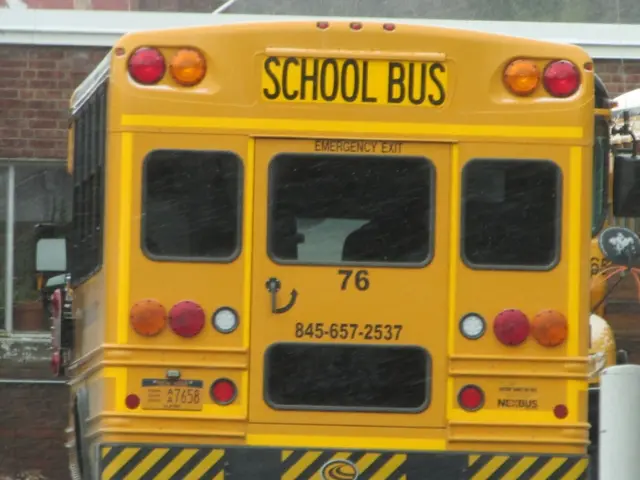Restorative strategies for repairing harm and promoting healing among individuals and communities.
Restorative Practices (RP) are a set of principles and techniques aimed at fostering healthy relationships and repairing harm within communities. These practices are gaining traction in various sectors, particularly in education, mental health, and conflict resolution.
A New Approach to School Culture
Implementing RP in school systems can lead to numerous benefits, including improved relationships, reduced recidivism, enhanced academic performance, and social-emotional growth. By encouraging the involvement of all parties affected by a conflict, RP ensures that everyone has a voice in the process. This fosters a culture of empathy, where individuals learn to understand and appreciate the feelings and perspectives of others.
Key Benefits of RP in Schools
- Improved School Climate and Safety: RP reduces disciplinary incidents, bullying, and schoolwide misbehavior, leading to a safer and more positive environment.
- Enhanced Student Engagement and Empowerment: Students gain a stronger voice and active role in the community, fostering empowerment and inclusion.
- Reduced Racial and Disciplinary Disparities: When implemented with an equity focus, RP helps address racial disparities in discipline.
- Development of Conflict-Resolution Skills: These practices teach students critical communication and conflict-management skills that have benefits beyond school.
- Stronger Relationships and Community Building: RP promotes dialogue and mutual understanding, strengthening relationships among students, teachers, and staff.
- Behavioral Improvements and Reduced Recidivism: Focusing on accountability and making amends helps reduce repeat misbehavior and improves overall student conduct.
- Supportive and Inclusive Culture: RP helps create an empathetic, respectful, and supportive school environment where all students feel valued.
- Academic Benefits: Less reliance on punitive measures such as suspensions allows students to remain engaged in learning, leading to better academic outcomes.
- Promotion of Student Well-being and Mental Health: Schools employing RP report better student mental health and overall well-being.
A Balanced Approach to Discipline
Inconsistent application of RP can lead to confusion among students and undermine its effectiveness. It's crucial to provide training for staff and students, establish routine restorative circles or dialogues, use equity-focused prompts, and commit to systematic tracking and evaluation. Leadership modeling prioritizing restorative methods is also essential.
Expanding Horizons for RP
The global expansion of RP is anticipated, with countries adopting RP principles in various contexts, such as healthcare settings, corporate environments, and international conflict resolution. In mental health contexts, RP can be applied in various settings, including schools, therapy sessions, and community programs. Restorative practices are gaining traction as a transformative approach to fostering healing and connection.
Case Studies and Success Stories
- Crime rates in a community in Toronto decreased by 40% over two years through the implementation of RP to address issues of violence and mistrust.
- A case study from a middle school in California demonstrated a significant reduction in suspensions and expulsions after adopting restorative practices.
- Recidivism rates decreased by 30% in a restorative justice program aimed at young offenders in New Zealand.
Encouraging Community Involvement
Community and parental involvement play a crucial role in the success of restorative practices, but engaging families can be challenging. Implementing RP in mental health settings requires careful planning and a commitment to fostering a culture of empathy and understanding.
The Future of Restorative Practices
The future of RP looks promising, with the potential to transform how we address conflict and build relationships in various sectors. Integration into policy and legislation is expected to increase, potentially leading to increased funding, mandatory practices in schools, and legislation supporting restorative justice. Restorative practices provide a framework for individuals to share their trauma in a supportive environment, facilitating healing.
In summary, restorative practices transform school culture from punitive to supportive and equitable, benefiting student behavior, relationships, and academic success while fostering a safe, inclusive community. By encouraging empathy, understanding, and accountability, RP offers a promising approach to addressing conflict and promoting healing in various settings.
- Restorative Practices can also benefit the health and well-being of students by promoting mental health and overall well-being, making it a valuable approach in education-and-self-development.
- The principles of Restorative Practices have shown effectiveness in various sectors, expanding to health-and-wellness, such as mental-health settings, where they can foster healing and support emotional growth.




